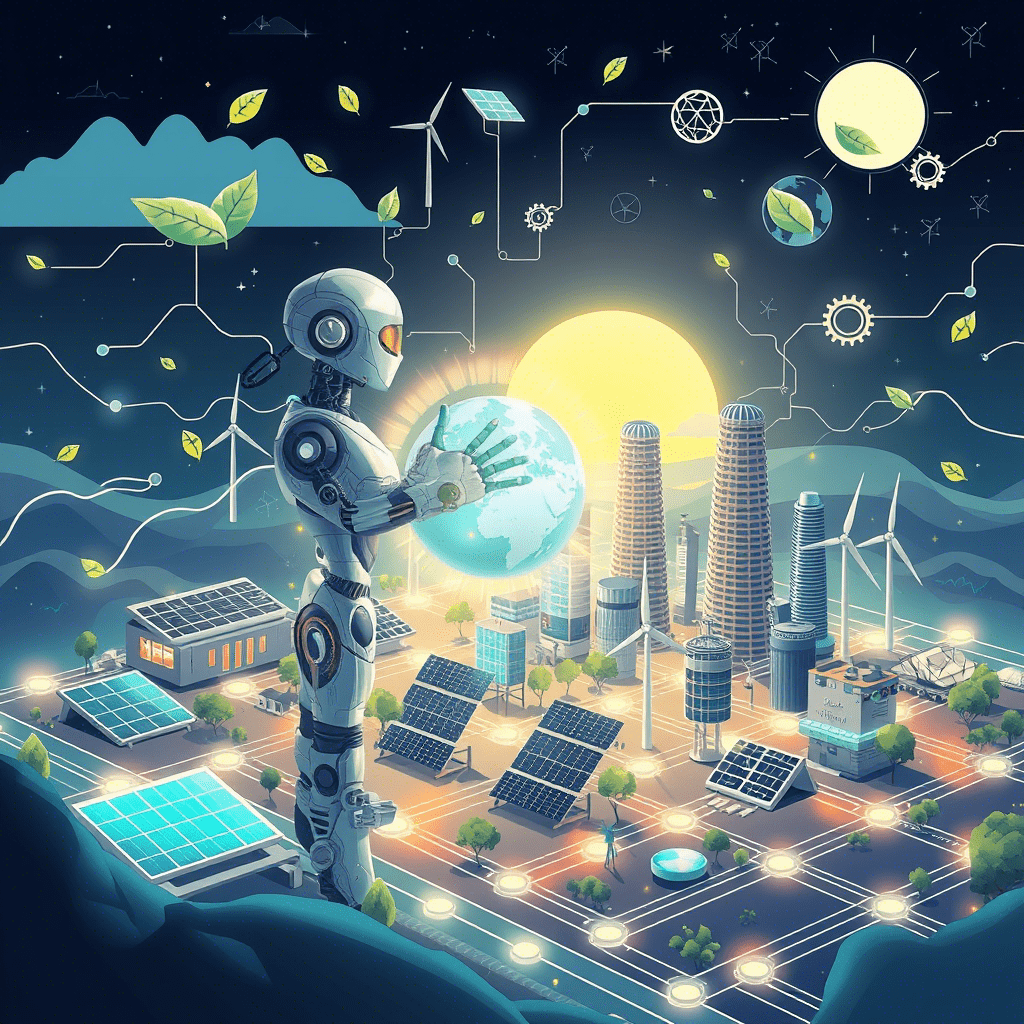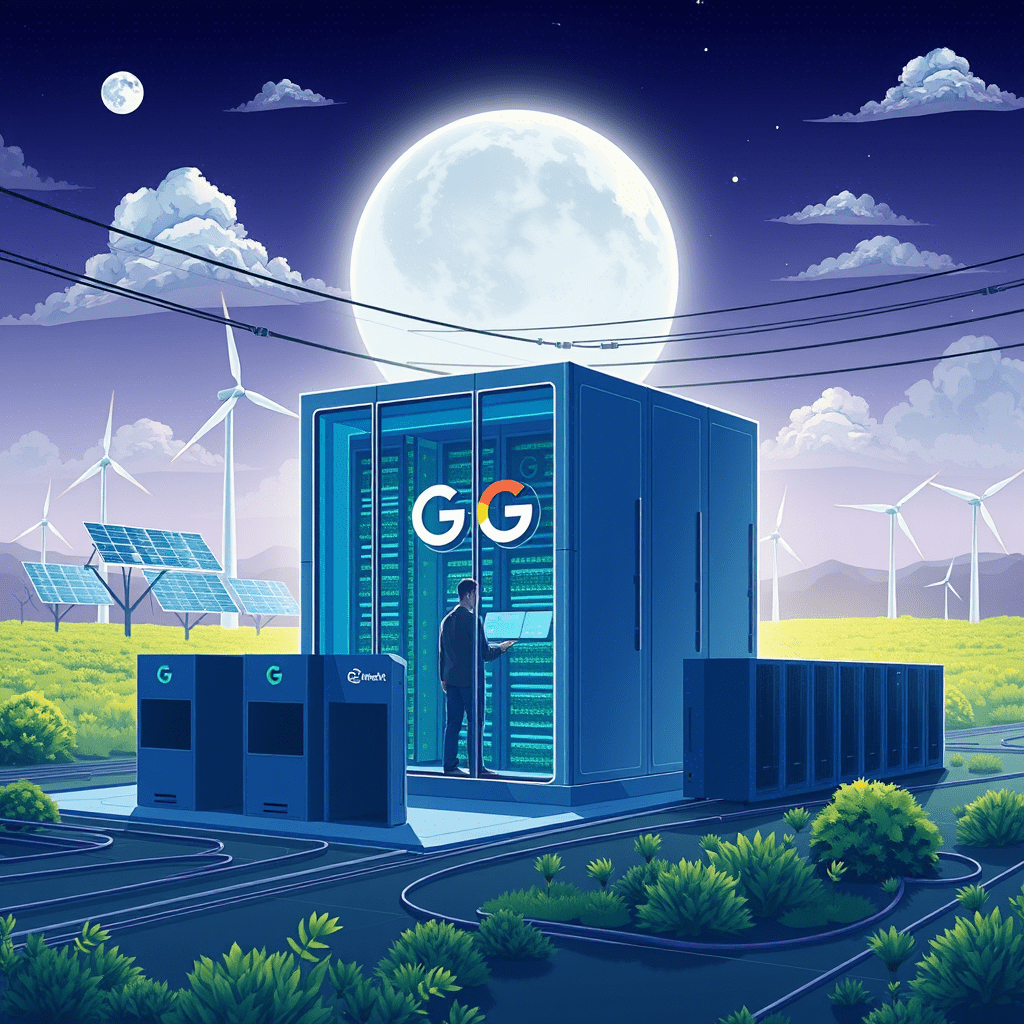Elon Musk’s xAI project in Memphis is under fire for exacerbating environmental and social injustices in historically Black and disadvantaged neighborhoods. Accusations of “environmental racism” have arisen due to the facility’s massive resource consumption, air and water pollution, and lack of transparency. The supercomputer, named “Colossus,” powers the Grok AI chatbot but requires 4 million liters of water daily and 150 megawatts of electricity, equivalent to powering 100,000 homes annually. Local residents, already burdened by industrial contamination, see no benefits from the project, which has worsened existing pollution. Meanwhile, critics question whether Musk’s ventures prioritize profit over sustainability and societal well-being.





